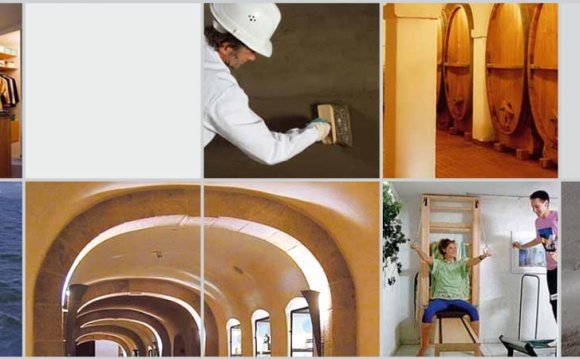
The Chicago Roofing Contractors Association has many members who participate in Waterproofing and Dampproofing in various forms. Waterproofing is typically an “underground” application, but can also have an above grade, but below the roof location on a building. Dampproofing is typically installed on below grade walls and under floor slabs on grade.
|
Photo Courtesy of Tremco Barrier Solutions, Inc. |
Photo Courtesy of Dessent Roofing Co., Inc. |
Photo Courtesy of American Roofing & Repair Company |
Listed below are definitions, some of the categories of waterproofing and dampproofing and how do choose a contractor for this scope of work:
Waterproofing Definition – Waterproofing is defined as the resistance of the passage of water under hydrostatic head pressure. Hydrostatic head pressure means water is present from underground water buildup. This pressure is greater in soils that don’t allow much water to flow away from a building, like clay and solid rock. Waterproofing Materials are available to suit the varied building site conditions:
Below Grade Walls – Walls of a building’s basement levels are sometimes protected against water seepage as the space may be used as storage, parking, or other occupancy use allowed by code.
Above Grade, Buried Plaza Areas – In many cases, plaza waterproofing located above occupied spaces is buried under pavers, grass and other plantings. These applications are referred to as waterproofing projects in most cases, and may have different assembly configuration and detailing methods than a conventional roofing assembly.
Above Grade, Surfaced Waterproofing Systems – Many types of coatings are applied to deck assemblies for auto and pedestrian traffic, sports surfaces and other applications. These coating systems are applied by CRCA Member Roofing and Waterproofing Contractors.
Underground Buildings – The roofs of underground buildings are considered waterproofing applications because they are usually buried under some amount of insulation, drainage systems and soil or other topping. As such, waterproofing materials, systems and details are used instead of typical roofing details. This is due to the unknown direction of water travel. Once a structure is underground, water may seep from above or be driven by water pressure upward towards the ground surface. Special Flashings and other procedures are necessary to produce a successful waterproofing project.
Dampproofing
Dampproofing is defined as the resistance of water in the absence of hydrostatic head pressure. Dampproofing materials typically will not bridge cracks in concrete that may occur during the life of a building.
Dampproofing Applications
Dampproofing can be used on either Residential or Commercial / Industrial / Institutional Applications. Most Dampproofing products are spray applied very quickly and applied at around thinner in some cases than waterproofing. Therefore, Dampproofing may be significantly less costly than waterproofing.
The Characteristics that are important in any service industry selection also hold true with a waterproofing and dampproofing contractor. Important things to consider are:
- Is Roofing and Waterproofing/Dampproofing the contractors’ primary business? Does the firm have experience installing the particular materials on the project?
- Does the Contractor have an educated workforce?
- Is the Contractor Licensed and Bonded?
- Does the Contractor belong to the local (CRCA), regional (MRCA) and national (NRCA) trade associations? These associations provide educational opportunities for employees and workers in many topics.
- Insurance protection is important to you, the purchaser. Does the Contractor have adequate Workers Compensation, Finished Products and General Liability Insurance as required by local ordinances? Ask for the certificates of insurance and review the coverage and effective dates.
- Have you seen a reference project listing of similar projects?
- Have you called the local Better Business Bureau?
- Did the contractor provide a written proposal?
- Have you verified the contractors address, Tax I.D. number, phone and fax numbers?
- What kind of Quality and Safety Programs does the firm have in place to protect you and their employees? Do they have any certifications? Is their safety record better than the national average consistently? (click here for information about Safety)
- Who will supervise the work?
The questions above for evaluation of a contractor are not exhaustive. Be sure to review bids for work carefully, focusing not just on price, but also on quality and qualifications to perform the scope of work on the particular Roofing, Waterproofing or Dampproofing project.
Links:
• How to Select a Contractor?









